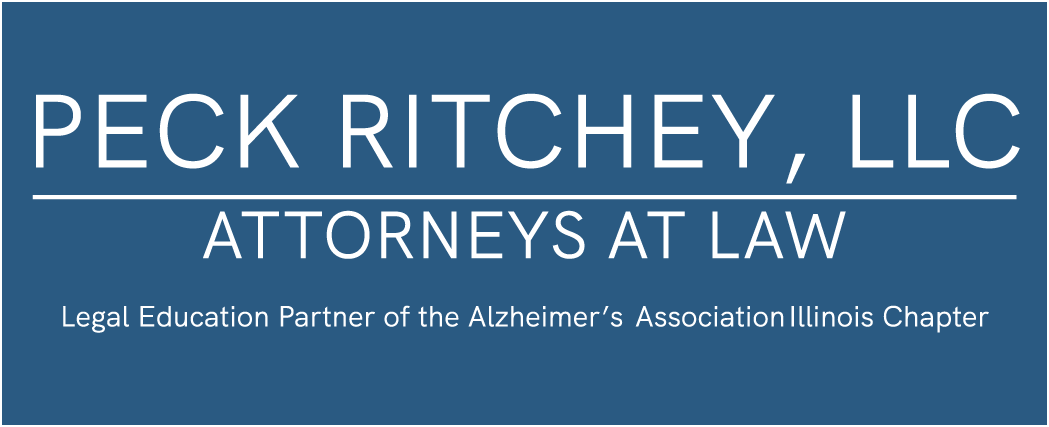 The probate process in Illinois can last up to twelve months. The exact duration will depend on a range of factors, including the number and value of assets in the deceased’s estate, the amount of debt owed, and whether someone decides to contest the will. If a dispute arises, it could extend the probate process significantly. The court won’t be able to validate a person’s will until it settles all legal matters.
The probate process in Illinois can last up to twelve months. The exact duration will depend on a range of factors, including the number and value of assets in the deceased’s estate, the amount of debt owed, and whether someone decides to contest the will. If a dispute arises, it could extend the probate process significantly. The court won’t be able to validate a person’s will until it settles all legal matters.
What Is Probate?
Probate is the legal procedure of reviewing and validating someone’s will before distributing assets to beneficiaries. A probate judge must oversee this process to protect anyone who has a legal interest in the deceased’s estate.
Probate doesn’t only serve to ensure that the property gets transferred to the appropriate beneficiaries or heirs. It also establishes debts and taxes. If the deceased had debt at the time of their death, creditors could come after the estate to satisfy the debt. There are also taxable assets within the estate that upon which tax must be paid after someone passes away.
The person creating the estate is called the testator. They can designate an executor or administrator to manage the estate upon their death. Once the court resolves any issues and validates the will, the executor or administrator can proceed with distributing the assets according to the testator’s wishes as outlined in the legal document.
All estates do not have to go through probate in Illinois. If the estate’s value exceeds $100,000, probate is a requirement, with some exceptions. These exceptions include:
- Life insurance proceeds
- Jointly titled assets
- Retirement funds with a beneficiary other than the deceased’s estate
Any assets held in a revocable living trust don’t have to go through probate.
Navigating the Probate Process
 In Illinois, the executor or administrator of the estate is responsible for:
In Illinois, the executor or administrator of the estate is responsible for:
- Paying outstanding debts, estate expenses, and taxes
- Identifying all assets to distribute to named beneficiaries
- Managing assets in the estate during probate
- Distributing remaining assets to heirs or designees
- Making additional distributions as required by state law
The executor or administrator must file the original copy of the deceased’s will with the appropriate probate court. That begins the probate process, and a judge will review everything to determine whether the will is valid.
If problems arise, such as a dispute among heirs about who should receive certain property, the probate judge will handle it. After resolving all disputes, the executor or administrator can ask the judge if they can distribute the assets and pay estate taxes and any creditors. Once that’s completed, the court should receive notification to close the estate.
Factors Affecting the Length of Probate
Probate shouldn’t take longer than twelve months. However, the court must resolve all issues before the executor or administrator can carry out their duties. Any of these circumstances could delay the process:
- More than one beneficiary – When the testator names multiple beneficiaries, the court must locate each person to inform them of their inheritance. Beneficiaries are supposed to complete and sign various forms as well. All of this can extend the probate process even more.
- Estate taxes – The Internal Revenue Service becomes involved in probate if the estate must file tax returns. Typically, IRS processing of all necessary paperwork doesn’t occur until months after the executor or administrator of the estate files the taxes.
- Unusual assets – Some property in the estate is unique and it could take time to determine the appropriate value. Oil rights, patents, collectibles, and other rare items require tax returns to be filed. The IRS might believe the value of an asset is much less than the executor or administrator thinks. That can bring the process of probate to a standstill while sorting out the issue.
- Asset disputes – Sometimes, family members aren’t happy with how the executor handles the estate or believes they deserve property the deceased left to someone else. Some parties could file a lawsuit, and the probate judge must intervene to try to resolve the dispute. This creates challenges because you can’t settle an estate while it’s in litigation.
Contact Us
The Chicago probate lawyers of Peck Ritchey, LLC have over 100 years of combined legal experience in estate cases. We can guide you through the probate process and help resolve any disputes you face. We’re familiar with state laws and how to effectively handle legal proceedings so you receive the assets you deserve and ensure you can carry out your loved one’s final wishes.
If you’re dealing with a probate issue or need assistance navigating the complicated process, contact the Chicago probate attorneys of Peck Ritchey, LLC right now. We’re available 24/7 to speak with you and answer any questions you have. Call Peck Ritchey, LLC or contact us online for your free consultation.
